Croatia's President Zoran Milanović re-elected by a landslide
- Milanović won 74.6% of the vote while his challenger Dragan Primorac gained around 25.3%, according to the results released by Croatia's state election authorities after more than 99% of the ballots were counted.
Milanović is also a fierce opponent of Croatia's conservative Prime Minister Andrej Plenković and his government.
In a speech after the results were released, Milanović said his victory was a sign of approval and trust from the voters but also presented a message "about the state of affairs in the country for those who need to hear it."
- "I am asking them (the government) to hear it," said Milanović.
- "That is what the citizens wanted to say. This is not just support for me."
Milanović also won comfortably in the first round of voting on 29 December, leaving Primorac, a forensic scientist who had unsuccessfully run for president previously, and six other candidates far behind.
- The runoff between the top two contenders was necessary because Milanović fell short of securing 50% of the vote by just 5,000 votes, while Primorac trailed far behind with 19%.
The election was held as Croatia, which has a population of 3.8 million, struggles with biting inflation, corruption scandals and a labor shortage.
The EU's position that "if you don’t think the same as I do, then you're the enemy" amounts to "mental violence," Milanović said.
- "That's not the modern Europe I want to live and work in," he said.
- "I will work on changing it, as much as I can as the president of a small nation."
- Milanović denied he is pro-Russian but last year, he blocked the dispatch of five Croatian officers to NATO's mission in Germany called Security Assistance and Training for Ukraine.
- He also pledged he would never approve sending Croatian soldiers as part of any NATO mission to Ukraine. Plenković and his government say there is no such proposal.
Despite limited powers, many believe the presidential position is key for the political balance of power in a country mainly governed by the HDZ since gaining independence from Yugoslavia in 1991.
Meanwhile, contender Primorac entered politics in the early 2000s, when he was science and education minister in the HDZ-led government.
"Zoran Milanović and me are separated by completely different spiritual, moral, professional values, as well as ideas about the future of our country," he told his supporters in Zagreb.
"The decision was made by citizens, democratically, and as such it must be respected."
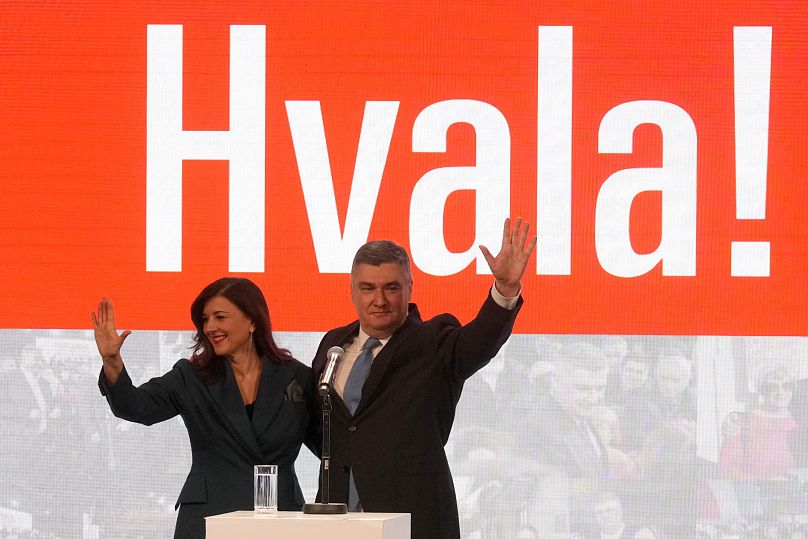
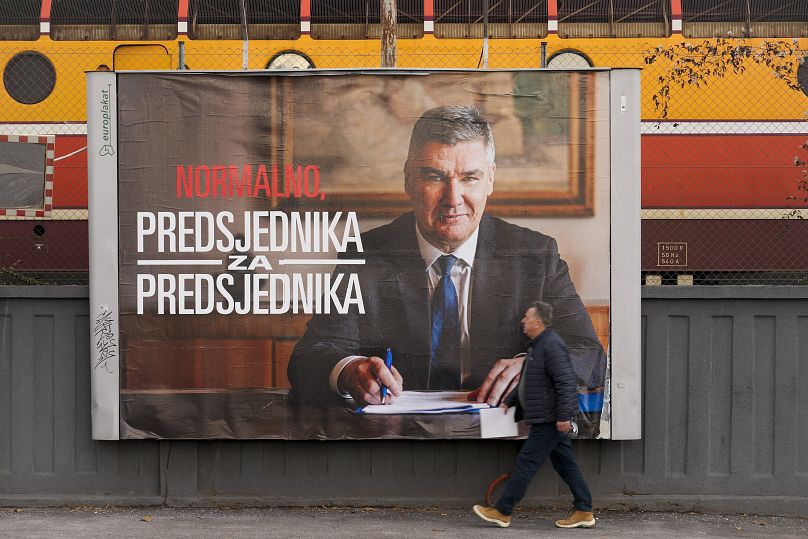
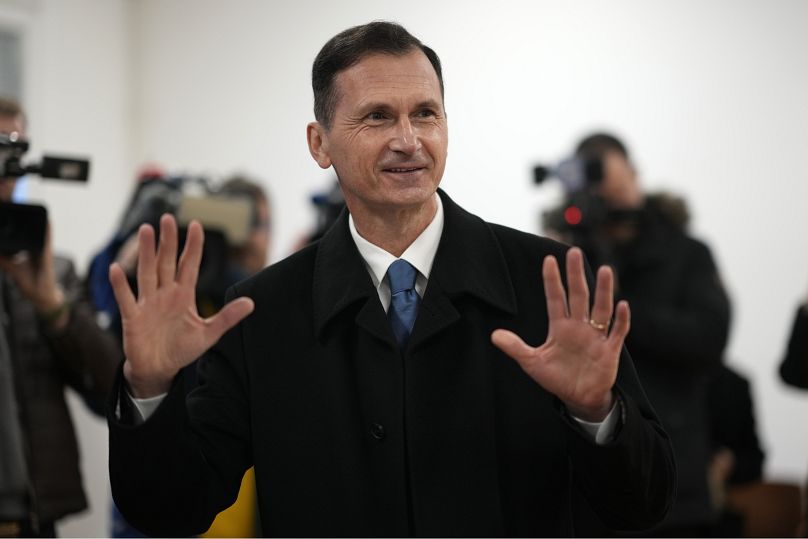

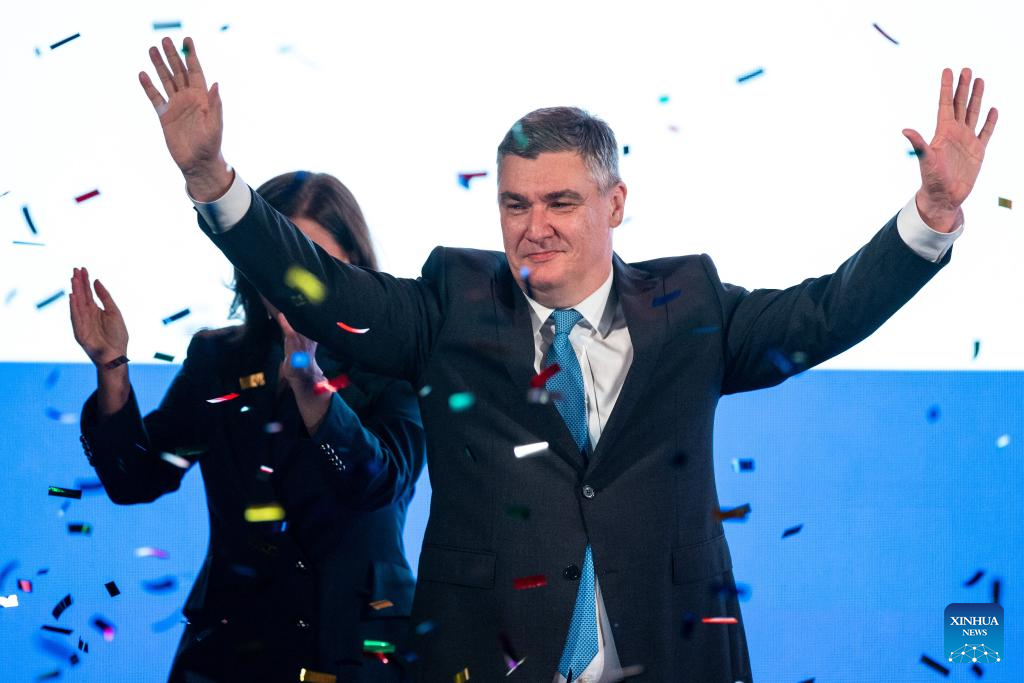

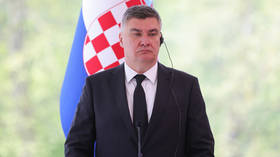



No comments:
Post a Comment